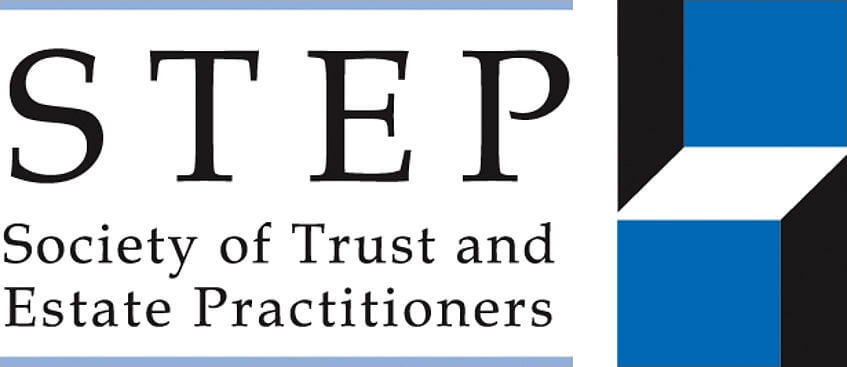
Milford and Dormor Financial Planning’s Quarter 4 Investment Committee Meeting was held on Thursday 13th December. The members of the committee – Matthew Clark, Paul Saunders, Michael Butler, Bryony Noad and Veselina Petrova – discussed their views on the main factors affecting the markets this quarter, as well as the trends expected to drive performance in the coming months. The discussion led to moderate changes to our investment models with the view of improving their positioning for the events to come in the new year.
The markets performed strongly in Quarter 2 and 3 of this year after the correction in March which saw markets fall by as much as 7%. US equities lead the bull run, closely followed by global equity stocks. October however saw this upward trend come to an abrupt end. Concerns over European politics, international trade wars, rising inflation and interest rates, reduced central bank stimulus, a slow-down in Chinese economic growth, bond prices and speculation that the US market has reached its peak saw investors’ confidence evaporate. As a result, the previously strong valuations took a hit as figures turned negative across the board.
The wave of negative news headlines in recent months has not however changed the fundamentals driving market performance. We continue to see strong macroeconomic data coming from the US with employment figures still at record highs. Although a slow down in the rate of economic growth in the US is likely, we still believe the fundamentals support a significant position in US equities – therefore our exposure to the US remains unchanged.
Global stocks have demonstrated resistance to the loss of sentiment and we have seen our global positions continue to perform well despite the political noise currently affecting the markets. We are therefore increasing our exposure to both global bonds and equities in a bid to reduce the risk profile of our portfolios and improve diversification.
Europe has been hit by another quarter of political turmoil. With Brexit negotiations not showing any signs of progress, the Italian budgetary battle with Brussels, and the recent ‘gilets jaunes’ protests in France the outlook for European stocks is gloomy. The withdrawal of the stimulus programme by the European Central Bank will also contribute to the challenging environment expected in the beginning of 2019. We therefore remain negative on Europe.
The lack of progress surrounding the Brexit negotiations has led to much speculation as to what the final outcome will be. Investors are left in a difficult position as short-term confidence in the UK market continues to drain. Economic fundamentals are overshadowed by politics in the investment decision- making process causing the current environment to be more challenging than ever. Due to this lack of certainty we are making a further reduction in our UK exposure and revising some of our existing funds in search of better performance and lower risk.
Japan has performed particularly poorly in the last few months. The economic data for Quarter 3 shows the GDP of the land of the rising sun shrink by 2.5% – a much sharper contraction than the previously predicted 1.2%. A series of natural disasters were to blame for the unexpectedly low figures as their impact on the economy proved to have been underestimated. We are therefore revising our position in Japanese stocks down.
The Emerging Markets sector has been much unloved this year. Turkey’s currency struggles, Argentina’s political and financial crises and China’s trade wars with the US all had a negative effect on investor sentiment and sparked a sell off earlier in the year. But the asset class has demonstrated that it is now much better positioned to weather negative shocks to risk appetite. Despite the volatility, emerging markets funds have outperformed UK and Global stocks in the last 3 months. With JPMorgan’s emerging market currency index declining nearly 11% and stocks falling more than 13% we believe this is a great time to reintroduce emerging markets funds back into our models in order to support the growth element of the portfolios. We are therefore introducing both emerging markets bonds and equities back to our models.
With the global markets cooling off and the expectation of growth slowing down, we are turning our attention to managing the risk exposure and improving the diversification of our models. In order to do that we are introducing sovereign bonds and removing high yield bonds from our models. Sovereign bonds are ultra-low risk investments which are perceived as ‘safe havens’ in times of uncertainty. They have performed well in recent months despite the market instability. High yield bonds have in contrast taken a hit, with the number of defaults increasing in the last quarter, thus bringing their valuations down and increasing their risk profile. As a result, we have decided to remove them from our models in order to bring the risk profiles of our models down and improve overall performance.
The data for 2019 suggest that, while the rate of profit growth is likely to fall, economic growth should continue into the coming year.
Please note, our Market Overview & Outlook is our view of markets and does not constitute investment advice. Past performance is not necessarily an indication of future returns; the value of investments and any income from them is not guaranteed and can fall as well as rise. Overseas investments are affected by currency movements and exchange rates. If you would like investment advice on your individual circumstances, please do not hesitate to get in touch.







